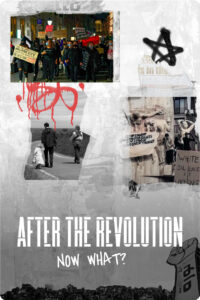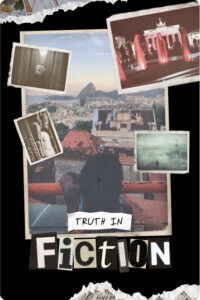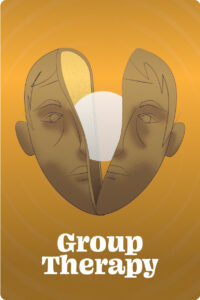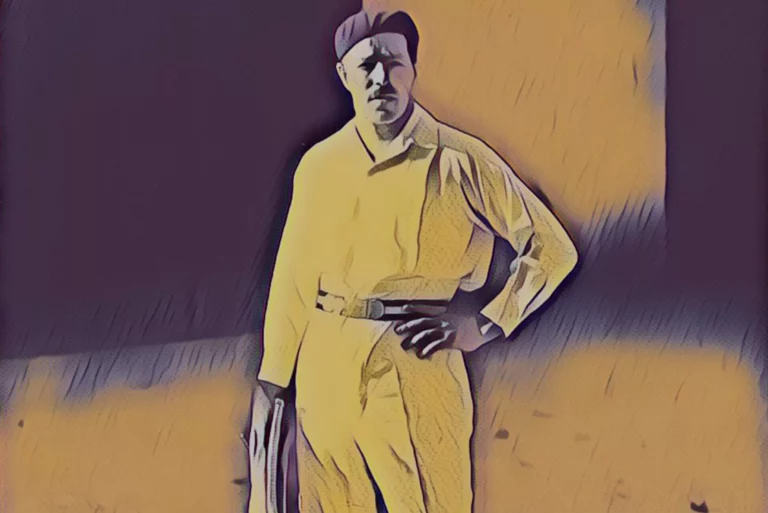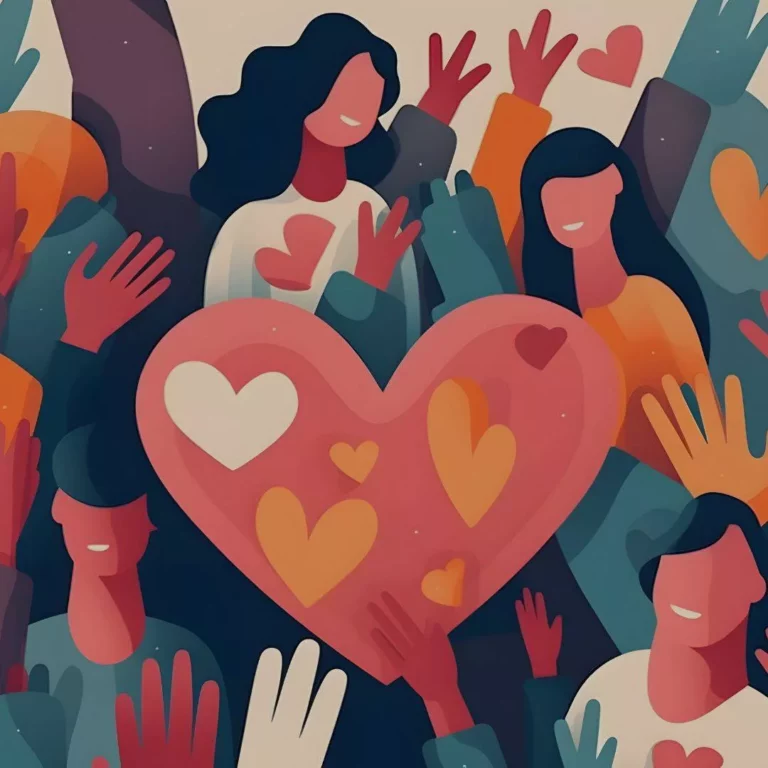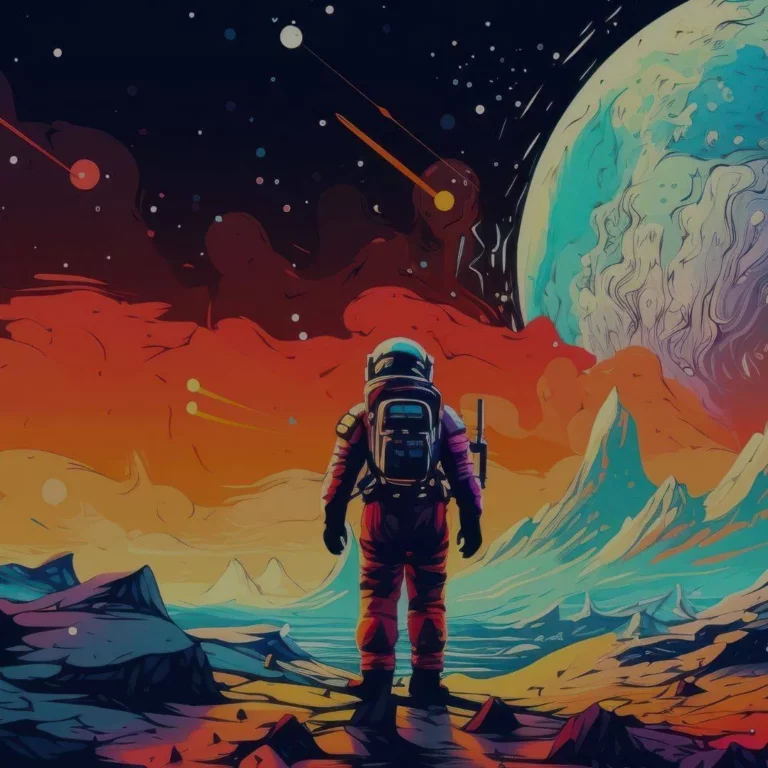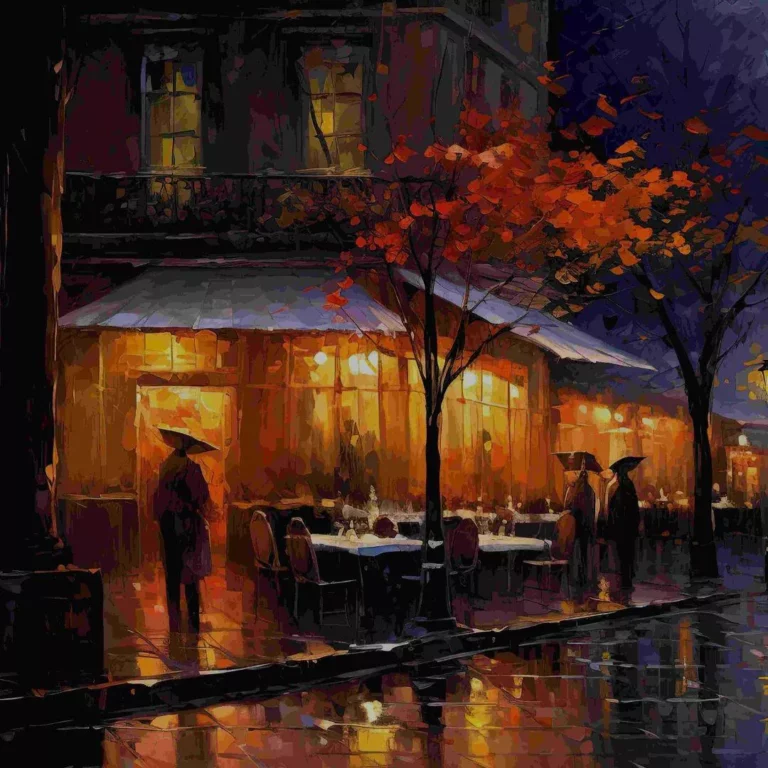You will find below the transcript of the podcast translated into English. Translator: Victoria Smith.
In 2012, in a stadium in Toulon, I see Paco Ibanez in concert.
He’s a legend in my family, my father has been singing his songs to me since I was in the cradle. Paco is old, his dirty white shirt badly tucked into his suit pants. He doesn’t care. He plays and basta! His voice isn’t what it was, but his charisma carries him through.
At one point in the concert, Paco explains to the crowd that he is going to sing a Basque poem. He asks a question in Euskara. No-one replies, I don’t understand a word.
He continues, No-one here is Basque? That never happens!
With my young man’s confidence, I get up and shout out to him: Yes, I’m Basque! His response is crushing. If you don’t speak Basque, you’re not Basque. You’re a wannabe Basque!
Red to the tips of my ears, I sit back down, I become aware of the chasm that separates me from my father’s language.
I was born and I live in St Etienne. I come from a family of miners in the Saint-Etienne basin on my mother’s side, and immigrant workers on my father’s side.
Fundamentally, I’m Spanish through the family culture.
My father was born in a little village in the south of Basque Country, in the province of Gupizkoa. He arrived in France in 1964, aged 10, unable to speak a word of French, or of Basque, which was forbidden under Franco. Like so many of the large families packed into public housing on the outskirts of town, we speak, eat, and sleep Spanish.
In the kitchen, Carmen, the abuela, wears the apron and drizzles hectoliters of oil into the pan while commentating Los fuegos del amor, which plays at full blast on the TV.
For me, at the time, Basque Country was a folkloric corner of Spain where they spoke a strange patois.
At family gatherings, it’s evoked by hotheads that eat cured ham washed down with cider during carnival, or distant uncles that were supposedly in contact with terrorists. The abuela traditionally gets up at the end of the meal to sing Viva España. My cousins and I punctuate the song with the occasional, very Frenchified, olé!
The Basque aspect of the thing is somewhat anecdotal.
In the ’90s, as a teenager, I discover the bands Kortatu and Negu Gorriak by chance through my punk rock influences.
They sing in Euskara, the Basque language. I don’t understand a word of the lyrics, but they mix traditional songs and electric guitar. They refer to the political situation, the violence of the French and Spanish states in Basque Country, and open up to the world, in an international understanding of power dynamics. The reappropriation of the Basque language plays a major role in their artistic work.
They were a sort of electric shock to my system – I discovered that there were Mohicans on the warpath in southern Europe.
Later on in the concert in 2012, Paco Ibanez defends high-profile judge Baltasar Garzon, disbarred for 11 years for ordering the placement of wiretaps to record conversations between incarcerated suspects and their legal counsels.
The same Garzon who, in Basque Country in the ’90s and 2000s, ordered raids, and closed newspapers and radio stations in Basque language like Egin, Egin Irratia, Egunkaria, on suspicion of “offences of affiliation or collaboration with the terrorist organization, ETA”.
His doctrine was that everything was ETA. You speak Basque, you’re ETA. You read a Basque newspaper, you’re ETA. You make a tortilla, you’re eating ETA. Dozens of journalists and other prominent figures in Basque society would be arrested and tortured by the civil guard in this context.
The feeling that I belong to the Baque people is built on an absence, on an imagined, piecemeal construction. How and why would you want to belong to a stateless nation, when you live far from that land, when you don’t speak the language, and the dominant discourse is still entrenched despite the end of the Franco dictatorship?
In 2022, on Mount Irulegi, 15 kilometers from Pamplona, researchers found an artefact dating from the first century BCE. A fine sheet of bronze in the shape of a hand, colored blue-gray. The Hand of Irulegi. The researchers think that they have found the oldest example of written Basque language, or its predecessor, to be precise. The oldest known text prior to this discovery dates from the 15th century.
The ends of the fingers had been corroded by time. On the back of the hand, four lines of text are inscribed with puncture marks. After analysis of the characters, the team of specialists deciphered the first word: SORIONEKU. It sounds like ZONIONEKO, which means “good fortune, good omen” in modern Euskara.
I am moved by that hand! It gives me the strength to understand my origins and this mysterious language.
I think of the tattooed hands of Mark Lanegan, the grunge singer from Seattle with fingers scrawled with faded blue stars. He, too, was searching for messages from the past in a poetic language.
Though that won’t change much for me, when I can barely string three words together. Bat, bi, hiru. [Euskara: one, two, three].
Several times, I suggested recording my father so he could tell me about his childhood in Anoeta, in the tiny village in the south of Basque Country where he was born, a little boy in shorts in the snow, as he liked to say, playing pelota with bare hands. I want him to tell me what it was like to live in Basque Country back then, in the ’50s, in a dictatorship on the edge of Europe.
He brushes me off, avoids the question, tells me that no-one would be interested in that. Prudishness of exile, of being torn from native soil.
Or is it a fear of having forgotten?
Or individual and collective repression? When several generations of children are forced to unlearn the language that they’ve barely had time to master.
I try with all my might to cobble the pieces together, but maybe I should accept his refusal, the chasms and the cracks between the time that passes and the re-invented memories.
At the Albert Khan Museum, in Bologna, I come across an autochrome of a Basque pelota player.
The autochrome is the predecessor of photography – it’s achieved with a glass slide covered in millions of potato starch grains, that block light or let it through.
Behind the Cesta punta player, his big, curved wicker racket an extension of his arm, there is the wall of a traditional house: Extea.
The same walls as abuelita’s house in Anoeta, in Guipuzkoa province.
My father’s mother. Old, wrinkled lady enveloped in her shawls and her black veil of eternal mourning.
On the autochrome, the pelota player stares at the lens. He doesn’t move; he wants to stay in focus so he can travel through time. He no doubt foresaw the destruction of Guernica and the welts on your back, inflicted with an electric cable by the guardia civil to teach you to submit and to make you forget your language, our language.
The roar of oblivion and of guns.
It rains tears of iron.
What’s on TV tonight? Star Academy or the way that they bombed my country?
The hands of the pelota player are calloused from hitting the wood-and-leather ball, but in their deep furrows, they hold a trace of hope, the thin, invisible thread that connects us despite the loss of language and the diaspora.
The next generations will choose to celebrate life.
Jai Alai, the happy game, the joyful game. That’s what they call pelota courts with a wall on the left, the ones where the players intercept the fast-moving pelota with mad daring.
Hau da gure euskara garbia
It’s our beautiful Basque
Hau da gure hizkuntza maitia
It’s our beloved language
Hau da gure lehenengo ikasgaia.
It’s our first lesson.
Jai Alai. Let’s celebrate our joy that we’re alive, still alive!
Txoria txori. The song says: I wanted to keep the bird close to me, so I clipped its wings. It stayed here, I kept it, but without its wings it was no longer a bird.
We set off for the mountains on a cardboard horse raised from the waters of the Bidasoa.
It has no bridle and carries two crossed axes in its mouth.
Behind us, a little blond shepherd brings up the rear and sings as he goes.
Help us tell the world to you !
Frictions is launching its club : by supporting Frictions, you’ll be supporting a community of authors and journalists who tell the world through intimate stories!


